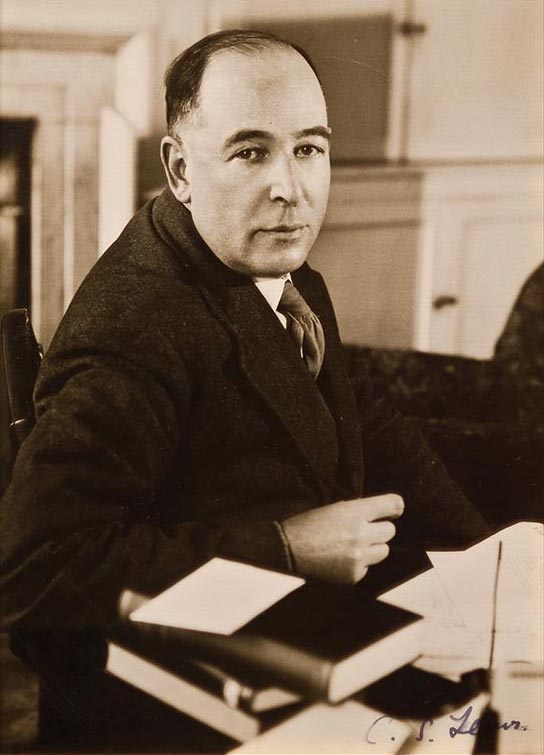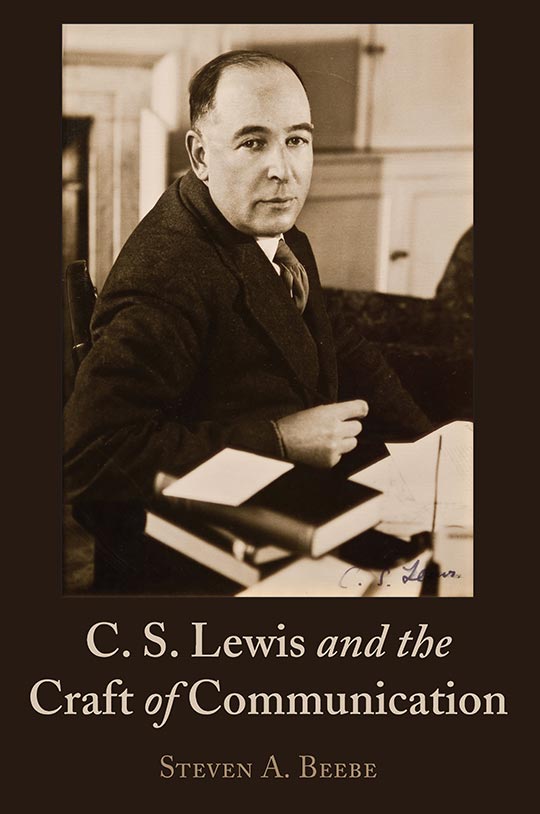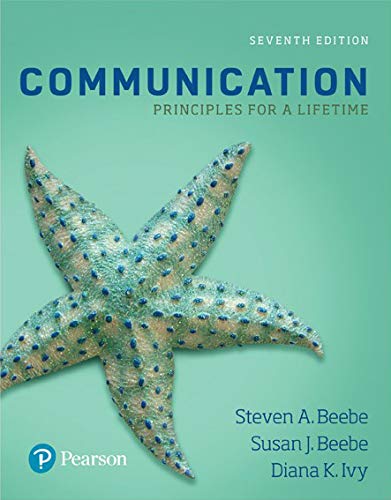C. S. Lewis and the Craft of Communication
Steven A. Beebe

C. S. Lewis, based on the popularity of his books and essays, is one of the best communicators of the twentieth century. During his lifetime he was hailed for his talents as author, speaker, educator, and broadcaster; he continues to be a best-selling author more than a half-century after his death.
C. S. Lewis and the Craft of Communication analyzes Lewis’s communication skill. A comprehensive review of Lewis’s work reveals five communication principles that explain his success as a communicator. Based on Lewis’s own advice about communication in his books, essays, and letters, as well as his communication practice, being a skilled communicator is to be holistic, intentional, transpositional, evocative, and audience-centered. These five principles are memorably summarized by the acronym HI TEA. Dr. Steven Beebe, past president of the National Communication Association and an internationally-recognized communication author and educator, uses Lewis’s own words to examine these five principles in a most engaging style.

Dr. Steven A. Beebe (Ph.D., University of Missouri-Columbia) is Regents’ and University Distinguished Professor Emeritus of Communication Studies at Texas State University. He served as Chair of his department at Texas State for 28 years and concurrently as Associate Dean of the College of Fine Arts and Communication for 25 years. Prior to joining the faculty at Texas State he was a tenured member of the Communication faculty at the University of Miami for 10 years. He is author and co-author of fourteen books (with editions totaling more than 75 books) that have been used at hundreds of colleges and universities (including international, Canadian, Russian and Chinese editions) by several million students throughout the world. Steve’s research focuses on instructional communication and communication skill development.
He made international headlines when conducting research at Oxford University when he discovered an unpublished manuscript written by C. S. Lewis that was the partial opening chapter of a book that was to be co-authored with J. R. R. Tolkien called Language and Human Nature. In 2016 and 2019 he also discovered unknown and unpublished poems by Lewis in the Oxford University Bodleian Library.

Selected Previous Work
Steven A. Beebe, C. S. Lewis and the Craft of Communication (New York: Peter Lang, 2020).
Steven A. Beebe, Susan J. Beebe, and Diana K. Ivy. Communication: Principles for a Lifetime, Seventh Edition (Boston: Pearson 2018).
Steven A. Beebe and Susan J. Beebe. Public Speaking: An Audience-Centered Approach. 11th Edition (Boston: Pearson, 2021).
Steven A. Beebe and Susan J. Beebe. Public Speaking Handbook. Sixth Edition (Boston: Pearson, 2018).
Steven A. Beebe and Susan J. Beebe. A Concise Public Speaking Handbook. Fifth Edition (New York: Allyn & Bacon, 2017).
Steven A. Beebe and John T. Masterson. Communicating in Small Groups: Principles and Practice. Twelfth Edition (Boston: Pearson, 2021).
Steven A. Beebe, Susan J. Beebe, and Mark V. Redmond. Interpersonal Communication: Relating to Others, Ninth Edition (Boston: Pearson, 2020).
Steven A. Beebe and Timothy P. Mottet. Business and Professional Communication: Principles and Skills for Leadership, Third Edition (Boston: Pearson, 2016).
Steven A. Beebe, Timothy P. Mottet, and K. David Roach. Training and Development: Enhancing Communication and Leadership Skills, Second Edition. (Boston: Pearson, 2014).
Get in Touch
Dr. Beebe is available for speaking engagements, conferences, and corporate training seminars about C. S. Lewis and a variety of communication topics (“A Leader’s Skill in Listening,” “We’ve Got to Stop Meeting Like This!” and “Audience-Centered Presentations”).


